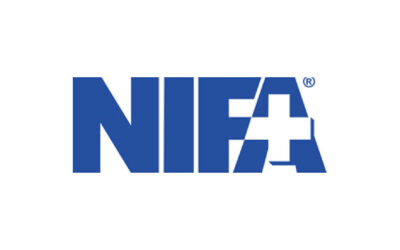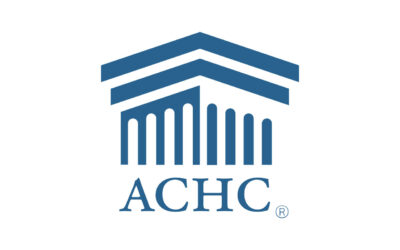By William Prentice
With 2017 quickly receding in our rearview mirror, it’s time to take stock of the ways that health care policy decisions made in 2017 will affect individual ASCs and the ASC community in 2018. It is also a good time to look at what new developments and recurring policy proposals we can expect to see on the horizon for ASCs in 2018.
At the national level, two key issues that ASCA spent considerable time addressing last year moved in a positive direction.
First, as ASCA requested, the Centers for Medicare & Medicaid Services (CMS) delayed the Consumer Assessment of Healthcare Providers and Systems Outpatient and Ambulatory Surgery Survey (OAS CAHPS). That decision means that the survey is not mandatory for ASCs in 2018. Although the ASC community supports the idea of conducting OAS CAHPS surveys, ASCA has been encouraging CMS to keep the survey voluntary until an electronic option is available and the survey can be shortened. Adoption of these two recommendations would significantly reduce the cost burden these surveys pose to ASCs and make the surveys much easier for ASC patients to complete.
Second, again as ASCA requested, CMS removed Total Knee Arthroplasty (TKA) from Medicare’s inpatient-only (IPO) list beginning in 2018. This decision means that this procedure now has a reimbursement rate for the hospital outpatient department (HOPD) setting. While fee-for-service Medicare TKA cases will not be reimbursed in the ASC setting in 2018, the removal of TKA from the IPO list is an important step toward Medicare coverage of this procedure in ASCs in the future. ASCA has been at the forefront of the advocacy efforts aimed at removing TKA and other joint replacement surgeries from Medicare’s inpatient-only list and led efforts to make multiple presentations before CMS medical officers on the safety and efficacy of outpatient joint replacements.
Meanwhile, support in the medical community for the idea of moving more of these procedures into the ASC setting continues to grow.
In 2018, ASCA will remain front and center in the efforts still needed to define and implement meaningful measures in Medicare’s ASC quality reporting program, fight burdensome regulatory requirements that have no ties to improved patient care and address the growing gap between Medicare’s ASC and hospital outpatient department (HOPD) payments.
Also in 2018, ASCA will continue to work to provide essential resources to ASCs to help make regulatory compliance easier and, simultaneously, save ASCs both time and money. Although not all are available at this time, ASCA’s plans for 2018 include expanded ASC infection preventionist training opportunities, a comprehensive handbook that will help ASCs comply with the newest life safety code guidelines and a user-friendly online regulatory compliance tracking and training tool with lots of other bells and whistles attached.
At the state level in 2017, ASCA supported efforts that
- Stopped ASC provider tax bills in Louisiana and Oregon
- Successfully amended a provider tax bill in Nevada to establish ASCs as their own health care provider class so that any taxes imposed on ASCs in the state would have to be voted in by ASCs themselves
- Successfully amended a Louisiana regulation to allow for 23-hour stays; previously, patients in the state could not remain in an ASC past midnight
- Successfully stopped a bill in Nevada that would have granted the state medical board the ability to determine which procedures ASCs could perform
- Defeated legislation in Illinois that would have tied workers’ compensation rates to Medicare rates
- Reformed the certificate of need (CON) process in Massachusetts through regulations that remove a moratorium on ASC development.
When it comes to state health policy, ASCs need to remain vigilant because it is easy to underestimate how quickly a decision made in one state can be replicated in states across the country. Issues we expect to re-emerge this year include provider taxes, staff certification requirements and workers’ compensation and Medicaid fee schedule reductions.
As always, to be as effective as possible, we need as many ASCs as possible to be involved. If you work in an ASC that is not already an ASCA member, please sign up today by contacting ASCA Assistant Director, Membership, Mykal Cox at 703-636-0623 or mcox@ascassociation.org. If you are not sure if your ASC is an ASCA member, please get in touch with Mykal.
If you want to network with ASC professionals from across the country and learn the latest about ASC regulatory compliance, market trends and management topics of every kind, sign up now for ASCA’s annual meeting in Boston, Massachusetts, April 11-14. Registration is open now at www.ascassociation.org/asca2018. Early registration rates close February 24, so act fast to get the best deal. ASC hospital and joint venture partners who want to learn more about the business of managing ASCs are also invited.
William Prentice is the Chief Executive Officer of the Ambulatory Surgery Center Association.








